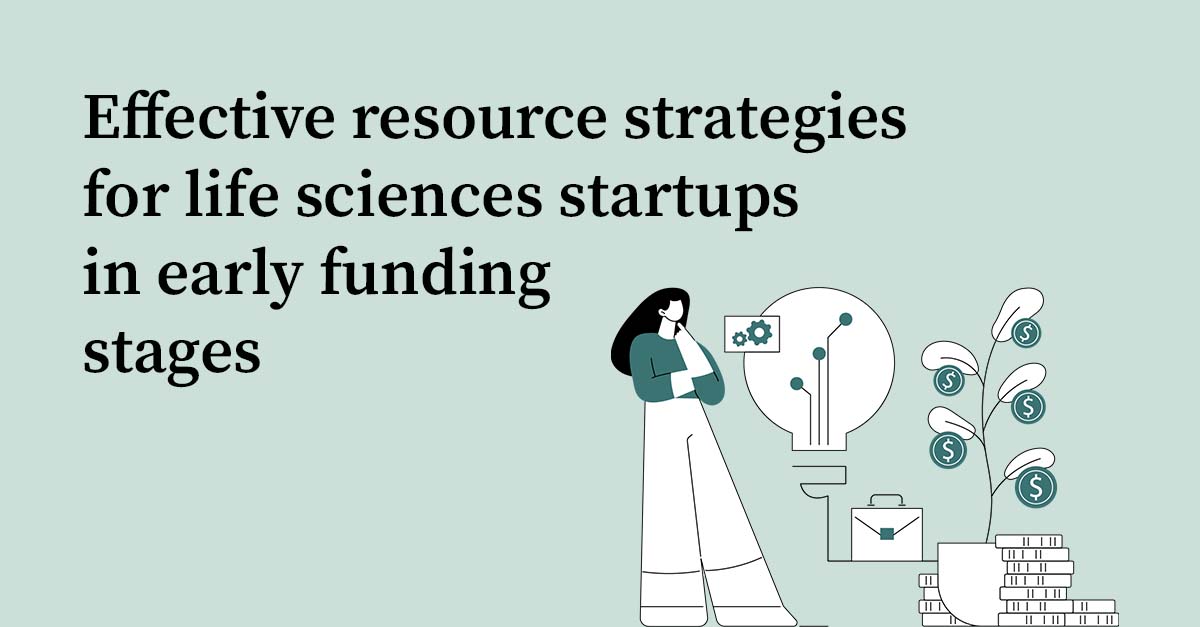The Impact of Lying During the Hiring Process
Have you ever told a little white lie in a job interview or on an application? How about a big one? If you’re guilty, you’re not alone. According to researchers from the University of Massachusetts, 81 percent of people lie about themselves while speaking with employers. While you may think there are plenty of good reasons to embellish your skills or experience in the hiring process, it’s important to remember that candidates are expected to be truthful in every step.
If you have ever been rewarded for being less than honest when pursuing a job opportunity, consider yourself lucky. The consequences of having false or misleading information discovered are dire, and can jeopardize your job prospects and lower your integrity.
According to a nationwide survey done by Careerbuilder:
- 38% of candidates embellished responsibilities on their resume
- 18% embellished their skill set
- 12% lied about their dates of employment
- 10% fibbed about their academic degree
- 7% lied about which companies they worked for in the past
- 5% changed their job title
- 36% of employers who recognized they were given falsified applications considered the candidate but did not hire him or her
Employers can easily verify your statements regarding several basic and vital pieces of information you have supplied them. In fact, that job application that you fill out is actually considered a legal document and allows companies to check an applicant’s education, work history, and perform both criminal and basic background checks. If the employer discovers that you deliberately misrepresented yourself on the application, it can cost you the job.
This same sense of integrity should be applied to any additional application materials you are required to or choose to submit. For instance, if you are applying to a job that requires strong writing skills and choose to submit a writing sample that you did not actually produce, the employer will eventually find out if you were extended a job offer based on that sample. In most cases, once the employer discovers you are incapable of performing even close to the high standards of the writing sample, you will be fired. Lying has no place in the work setting, and can be detrimental to your reputation. After all, in the corporate world, you never know who talks to who.
If you’re concerned about standing out from the competition, there are many ways to give yourself the edge, such as by applying on this day to ensure your resume receives maximum exposure, or by following these twelve interview , resume, and networking best practices. Always remember that employers value honesty and are looking for new hires who can not only deliver strong results, but can also take accountability for their actions. Owning up to a mistake you made in the past or admitting you don’t have all the skills needed for the job, but are willing to work on them, can go a long way.




